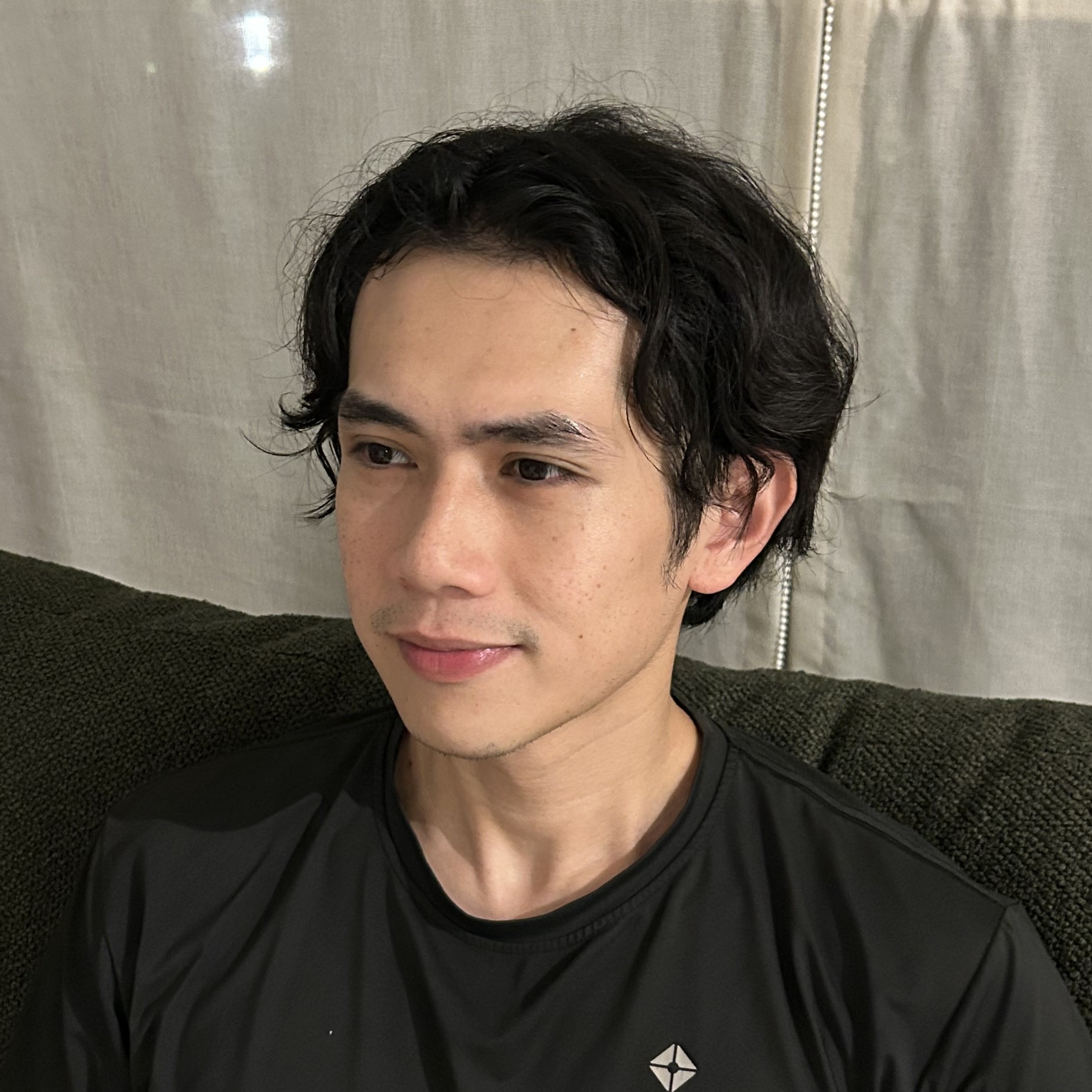The 3 Zones of Learning
From discovering a new skill to mastering it
I was watching one of the episodes (this episode) by London Real few weeks ago, an interview with Ido Portal – someone I’m following regularly online after bumped on this video by Strength Project.
There are many takeaways and good point in the interview, but what I like to share today is what Ido Portal called the zones of learning. He’s explaining this in the context of movements (since he’s a teacher of movements), but I found that this theory is applicable in any context. Whether we are
- Learning new movements
- Practicing with new music instrument
- Starting a new business
- Learn how to cook
- Learn about your own emotions
We all are going through these 3 zones of learning.
Zone 1: exploring
At this zone, you are exposed to something new, something you have no idea about – you’re exploring a new idea, new methodology, new movement, or new solution. Our brain has no memory with the routine at this stage, and we’re going to be suck at it – for now.
- Learning to ride a bicycle for the first time? We will definitely fall while we’re exploring the patterns.
- Start exercising for the first time? We will need to learn from the basic and observe the signals from our body.
- Starting a new business? There will be multiple challenges or even failures along the journey.
The most important thing to remember during this zone is that we all are going to be suck at something we do for the first time or the second. But if we keep our clear goal in mind, with flexible with our approach, we will get over zone 1 one day.
Every expert was once a beginner.
Zone 2: perfecting
Once we get over zone 1 – after spending enough hours to explore and learn the patterns of anything – we’re getting into zone 2, perfecting. At this zone, we start to have a grip on the new skill we’re learning, and we’re not beginners anymore here.
We’re starting to find ways to perfect our skills, to use better vocabularies when writing, to take photos with better angles, to find better ways to close a business deal. If you’re laying a strong foundation during zone 1, you will have a much easier time in this zone.
- You can lift heavy weights if you work on your foundations with lightweight first.
- Make better presentation if you research and practice on the basics.
- Able to handle more orders if you have a proper system set up for your business.
And learning stops here? No, regardless any size of the new routine you picked – building a business, reading, or be a better dad. Learning doesn’t stop here. After we finally perfect a new skill, we’re going into the zone 3.
Zone 3: maintaining
In this zone, it’s more of a keep-doing-it repeatedly than learning. We knew what exactly the routine is, it’s not a new thing or skill anymore. In fact, it’s something old and we used to.
Our brain will program the routine to make it automatic by reducing the need for decision-making every time we’re doing this particular thing. But as you can see, it called maintaining, which means we’re doing it to ensure we still know how to do so.
I’m a bilingual, or multilingual. Putting those Chinese dialects aside, I speak English and Mandarin. I speak Mandarin with my family and some friends, English with mostly peers and professional network. There was a certain period when I was away from home for work, and only speak English for almost 95% of the time in a day – for 4 years.
Suddenly, I found it’s hard to speak Mandarin again when I got to meet up with my family even though Mandarin is my major language since the age of 2 to 19. This happen to any skill we learn, if you stop practicing it, you’ll lose it, maintaining is what zone 3 all about.
Then we move on
It’s fascinating how human brain is programmed to learn new things and skills. If you take a closer look, there are different levels of learning required in each zone:

- At zone 1, we learn the most. We need to make decision consciously consistently and our brains are building the most new nerves connections.
- During zone 2, we learn less. We simply need to reinforce, upgrade and perfect the foundation. Our brains are building some new nerves connections at this stage.
- Finally at zone 3, we learn very little or not at all without any new nerves connections are built in our brains. We’re maintaining what we already knew.
The beauty of these zones is that we’re allowed to learn new things consistently without going crazy. When you can perform a perfect handstand, you don’t need to pay full attention into your handstand anymore when you’re learning the new handstand push-up.
If you choose not to go into handstand push-up instead of the front squat with a barbell, you can completely put how-to-handstand aside or out of your brain.


